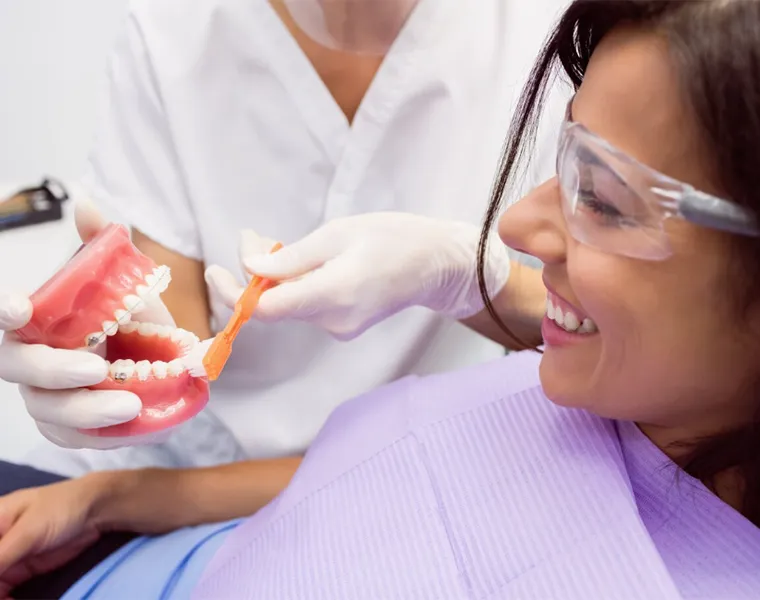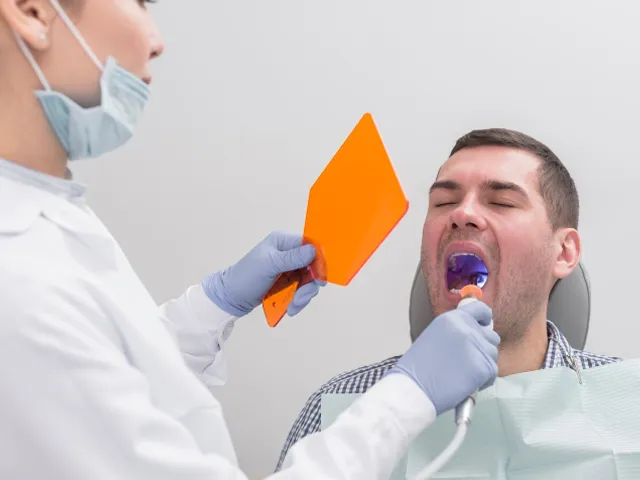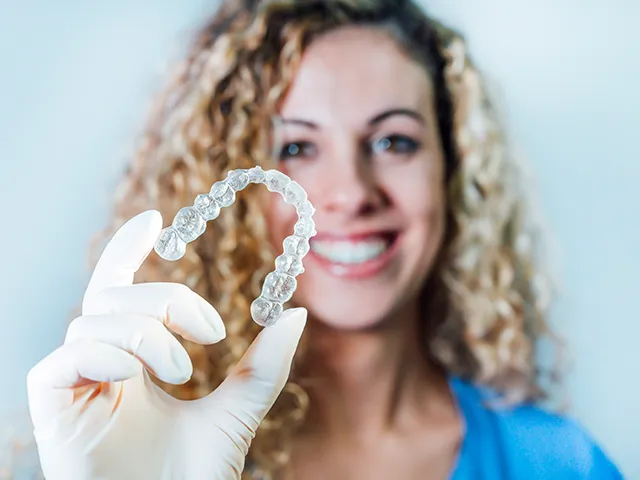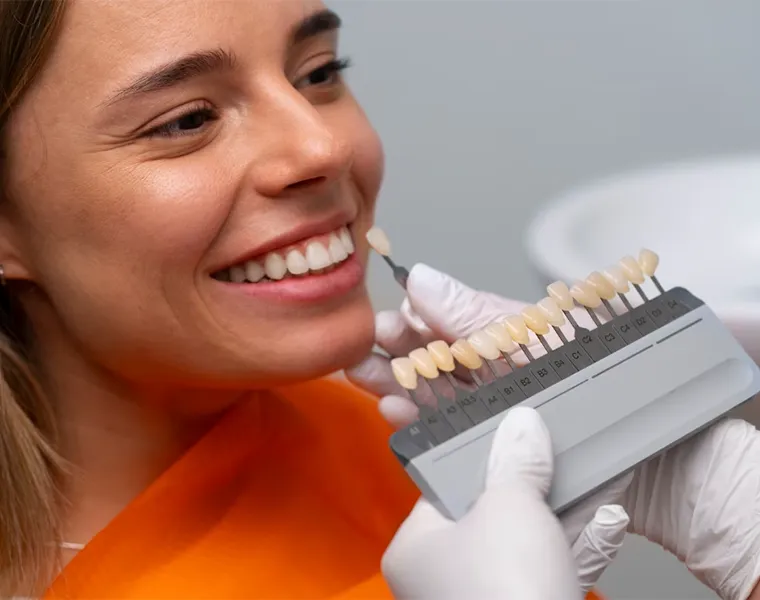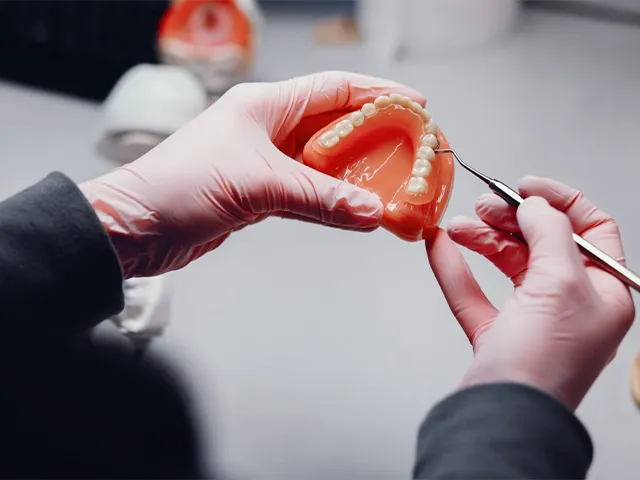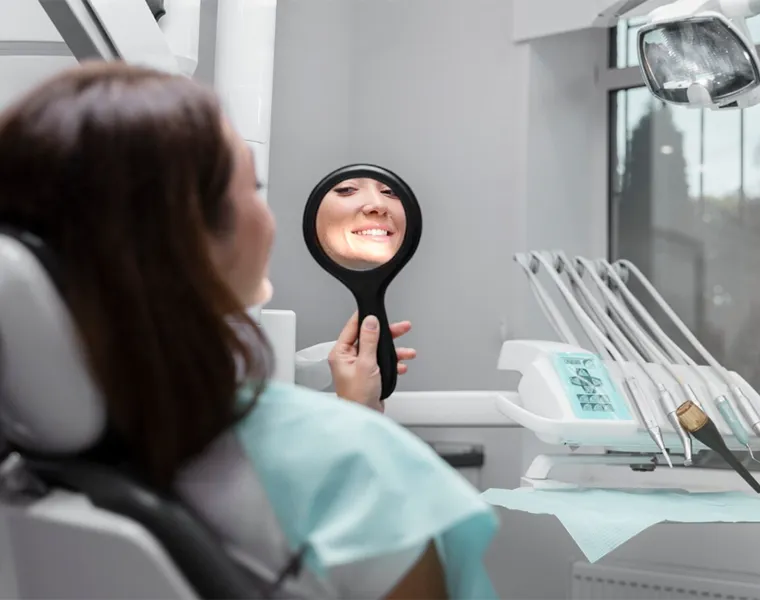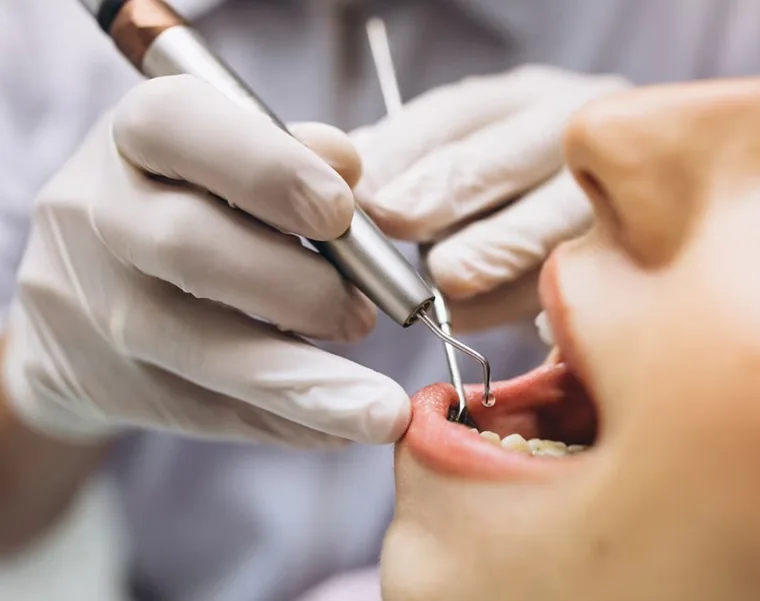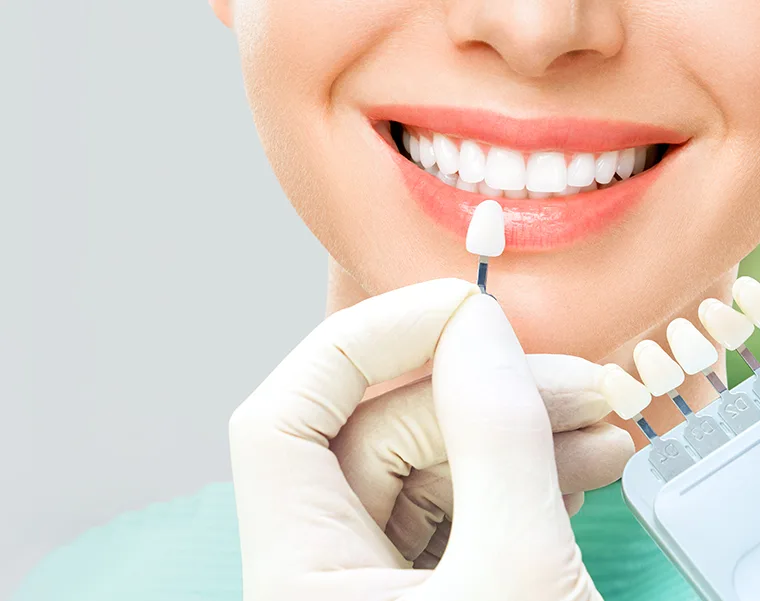Wisdom tooth extraction is the removal of the wisdom teeth that usually emerge in adulthood and therefore often cause problems. Wisdom teeth typically emerge between the ages of 17-25 and can cause various issues during this eruption. In such cases, the teeth need to be extracted.
Wisdom tooth extraction is carried out using different methods depending on the tooth’s position and the patient’s oral and dental structure. The operation is performed by dentists specialized in this field or by oral surgeons. Usually, local anesthesia is sufficient for the procedure, but sometimes there may be a need for general anesthesia. Since the method and duration of the operation will vary depending on the patient, an initial examination and operation appointment by a dentist will be necessary.

Reasons why wisdom teeth often need to be extracted include:
If there isn’t enough room in the mouth for these teeth, they can press against other teeth.
If a tooth emerges at an incorrect angle, it can damage neighboring teeth, cheeks, or the palate.
A tooth can remain buried within the jawbone without fully emerging, causing pain to the patient.
If these teeth don’t emerge properly, they can lead to decay or gum disease.
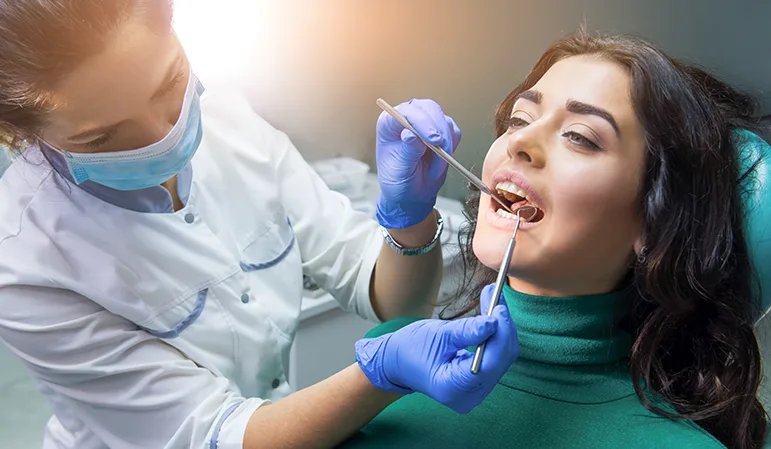
After Wisdom Tooth Extraction
Wisdom teeth are the last molars that usually emerge during young adulthood. These teeth can sometimes emerge in problematic ways, different from other teeth in the mouth. This can include emerging at an incorrect angle, pressing against other teeth, or not emerging at all. Such complications can lead to pain, inflammation, and other dental health issues, which is why dentists often recommend their removal.
After extracting wisdom teeth, patients need to pay attention to certain critical points:
- Primarily, it’s essential to carefully follow the post-extraction instructions provided by the dentists.
- Typically, recommendations for the first 24 hours include avoiding rinsing the mouth, staying away from hot food and beverages, and avoiding intense physical activities.
- Also, protecting the blood clot that forms in the extraction area is vital as it plays a critical role in the healing process.
The post-extraction period can vary for each individual. Some people may only feel slight discomfort after the procedure, while for others, the experience can be more painful. The intensity and duration of pain can vary depending on the tooth’s position during extraction, the complexity of the procedure, and the individual’s overall health.
Another critical concern is the health of the other teeth. Extracting wisdom teeth can potentially harm neighboring teeth or the jaw structure. Therefore, careful oral hygiene and regular dentist check-ups are vital after the extraction.
If there’s an unusual increase in pain, severe swelling, ongoing bleeding, or any other complication after the wisdom teeth surgery, one should immediately consult their dentist. If a wisdom tooth doesn’t emerge at all or only partially, it is termed ‘impacted’. The extraction procedure for an impacted tooth can be slightly different.
In conclusion, removing wisdom tooth is an inevitable process for many. However, carefully following the dentist’s recommendations and taking the necessary steps to maintain oral health can reduce the risk of complications and ensure a swift recovery.

